SGGP
Observers say the coup in Niger risks depriving the European Union (EU) of a key partner in controlling illegal immigration in the Sahel region.
Niger is of great importance to the EU's migration policy. Geographically, it is a semi-desert, landlocked country with over 25 million inhabitants spread over 1.3 million square kilometres; it is surrounded by Libya, Chad, Nigeria, Benin, Burkina Faso, Mali and Algeria - with which it shares more than 1,000km of border. Nestled in the heart of the Sahel region, Niger is in fact an important transit point for migrants seeking to reach Europe via North Africa, specifically Libya.
According to Le Figaro, since 2015, Niamey has been identified as a “fortress” for the EU’s migration policy. At that time, the EU was experiencing a serious migration crisis, with more than 1 million people crossing the sea to Europe in 2015 alone.
A lot of financial support has been provided to Niger to control and limit the flow of illegal immigration. According to the International Organization for Migration (IOM), since 2016, Niger has "detained" more than 95,200 migrants, mainly in the town of Assamaka, in the north of the country.
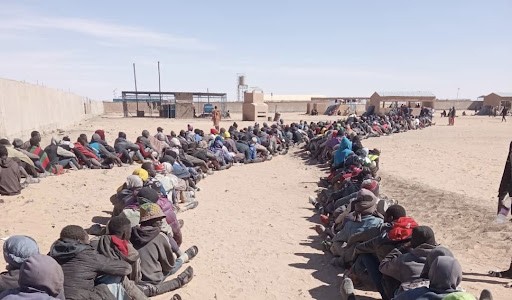 |
Long lines of migrants in Niger |
Niger is not only a migration problem, but also a route used by many other criminal networks. Elie Tenenbaum, director of the Center for Security Studies at the French Institute of International Relations, said that Niger is not the only route, but part of one of the routes for human trafficking, drugs and smuggling to North Africa.
The US is also interested in the “crime routes” in Niger. The US Drug Enforcement Agency has a representative in Niger. Therefore, this African country is also an essential partner in the fight against various criminal networks.
Because of Niger’s importance, at the end of August, the foreign ministers of the 27 EU member states, at a meeting in Spain, agreed on a framework of sanctions targeting the actors of the coup that overthrew Niger’s President Mohamed Bazoum. These measures, based on sanctions from the Economic Community of West African States (ECOWAS), include suspension of financial transactions, asset freezes, or travel bans within the EU.
The aim of the sanctions, according to a diplomat quoted by Le Figaro, is to send a first message to the coup plotters. The EU's decision, which partly backs the initial sanctions initiative put forward by France and Germany in early August, shows that the EU is not ready to go further, that is, to support military action as suggested by ECOWAS and supported by France to bring Mohamed Bazoum back to power. Joseph Borrell, the EU's High Representative for Foreign Affairs and Security Policy, said that the priority was a diplomatic solution and that no one wanted military intervention.
The lack of agreement between the parties involved in Niger has left Italy and Hungary fearing a new wave of migrants. Italian Foreign Minister Antonio Tajani, in an interview with La Stampa newspaper on September 4, warned that every day that passes without an agreement will only make the situation worse.
Source


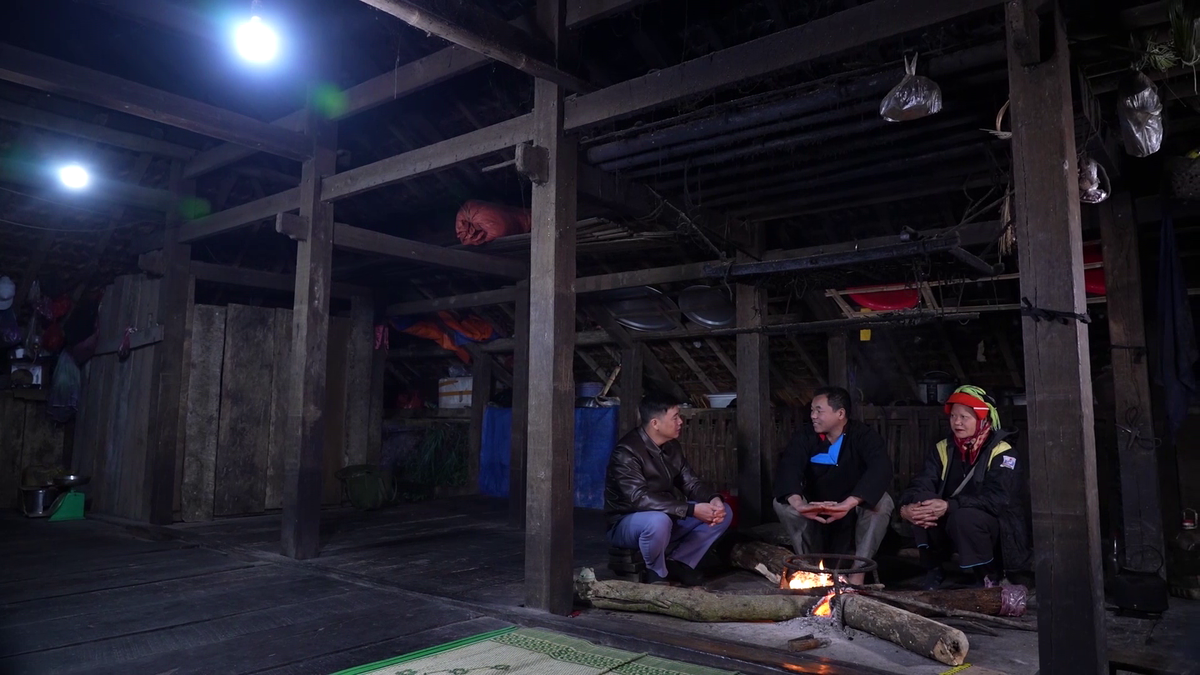
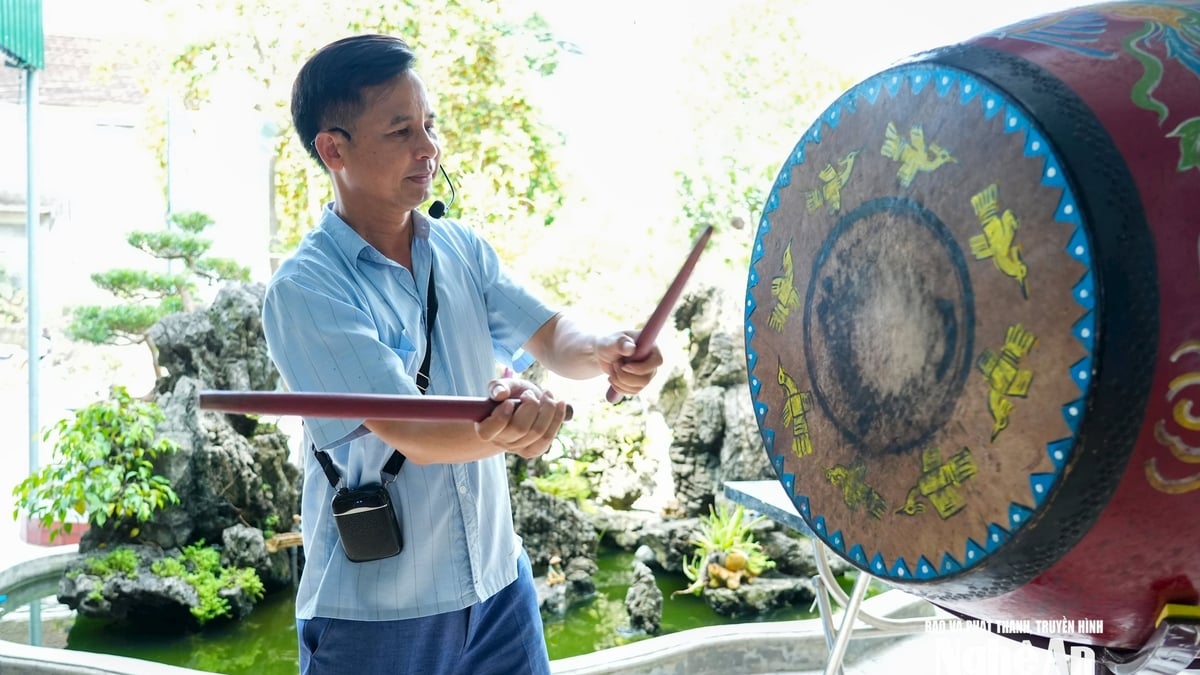
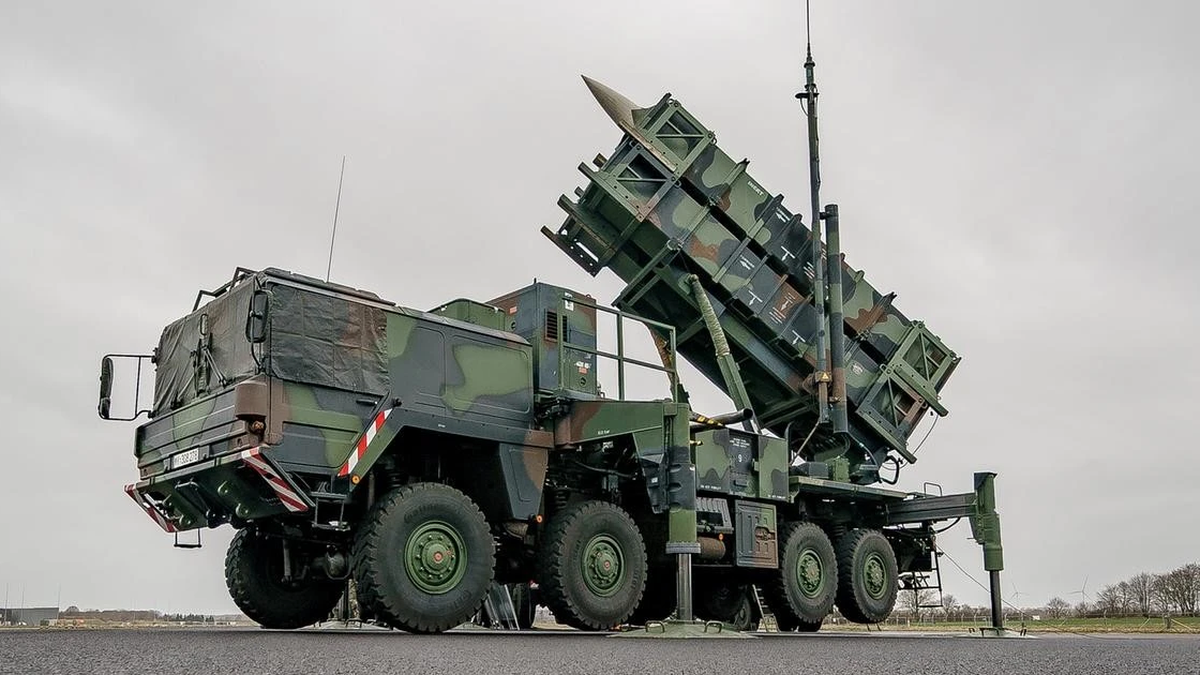


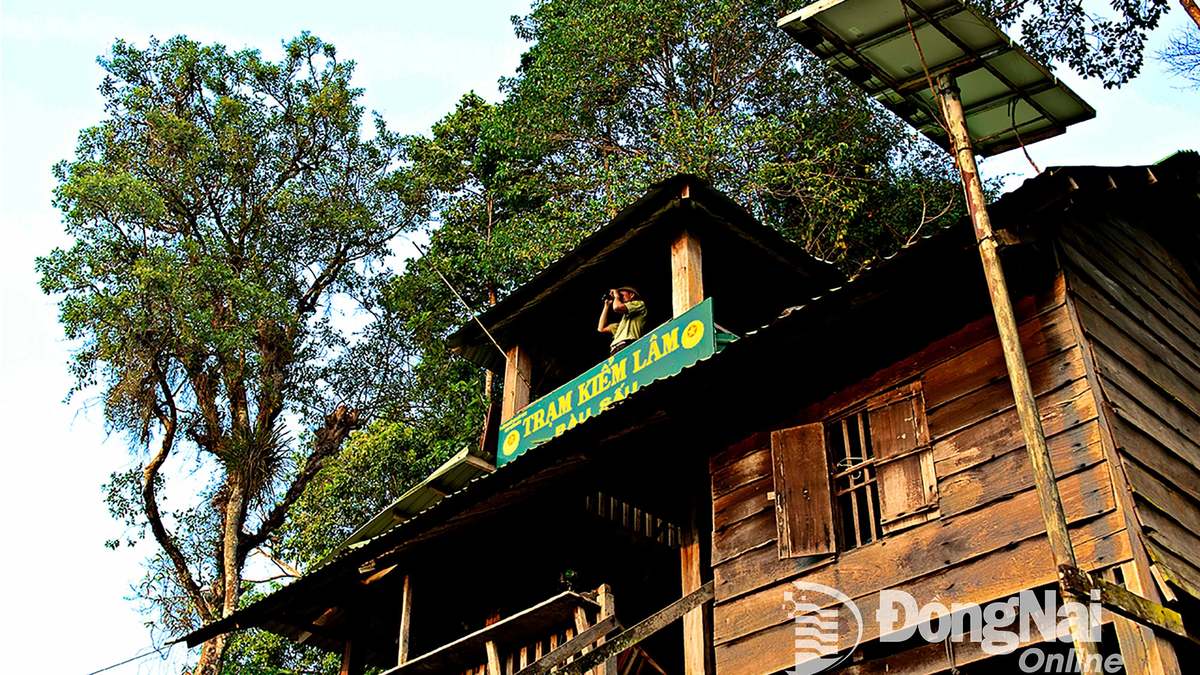


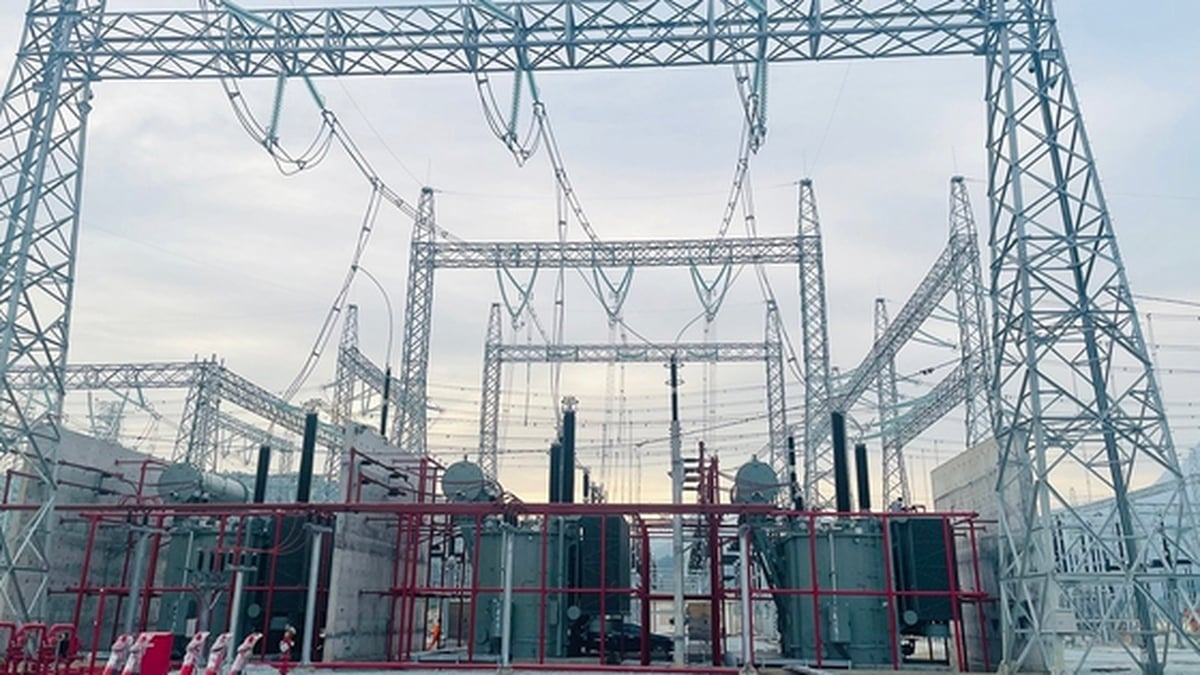


















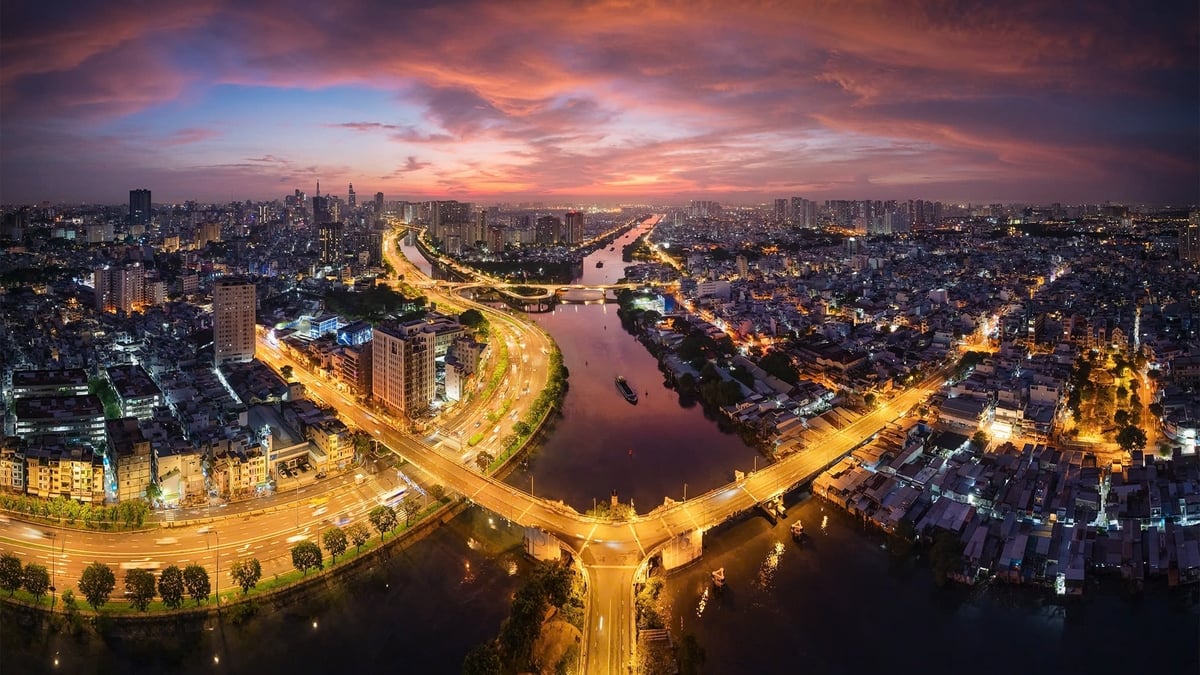
































































![[Infographic] In 2025, 47 products will achieve national OCOP](https://vphoto.vietnam.vn/thumb/402x226/vietnam/resource/IMAGE/2025/7/16/5d672398b0744db3ab920e05db8e5b7d)





Comment (0)